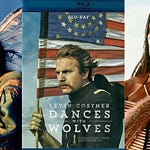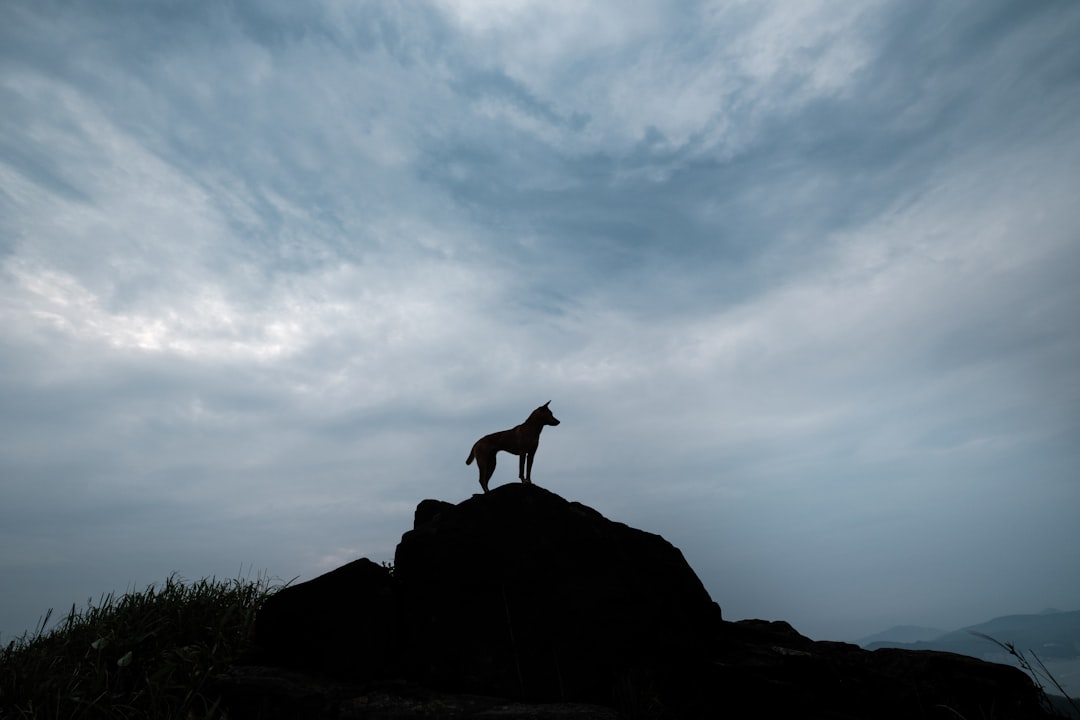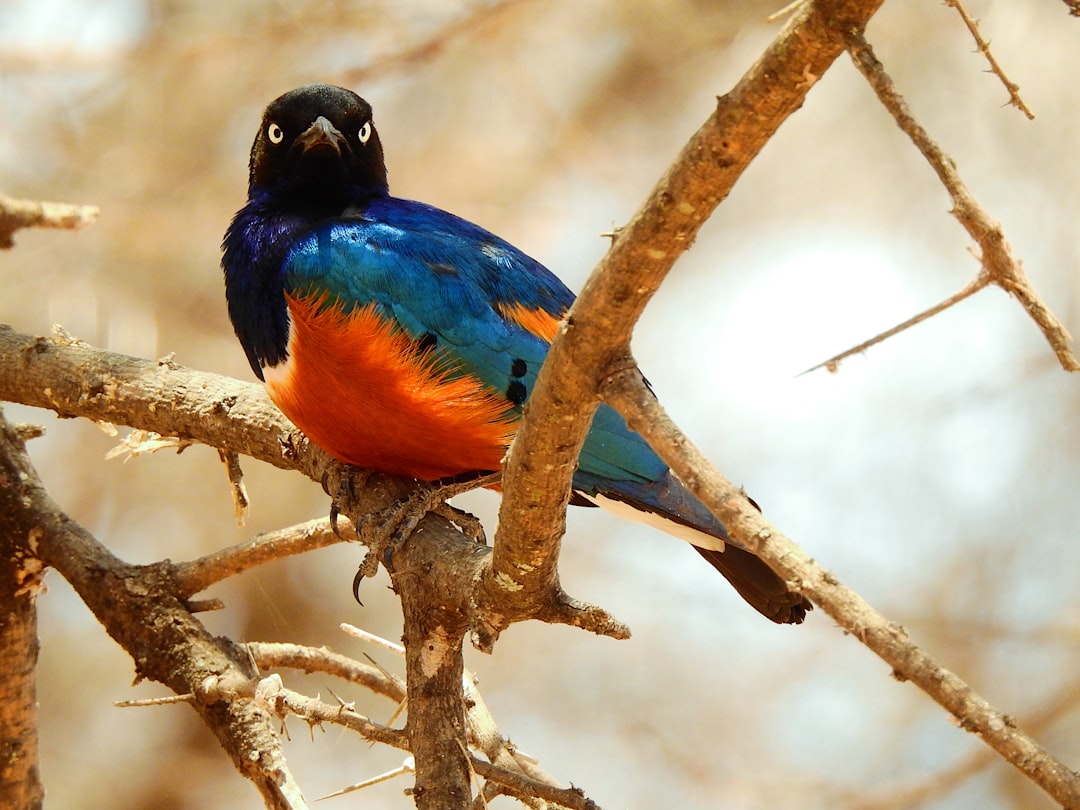Hello, everybody, my name is Thomas Builds-the-Fire.
Thank you all for coming to my grandmother’s funeral. Grandma Builds-the-Fire. Her first name was Agnes. Hardly anybody knew that. Hardly any Indians knew it. Hardly any Spokane Indians knew it. She was always called by her full name—by Grandma Builds-the-Fire. Even I called her that sometimes. But, most times, I just called her Ya-Ya Fire. So, today, and maybe every day in the future, you can all call her Ya-Ya Fire. We give people names when they’re born so maybe we should give people new names when they die.
I want to say hello to my friends and family—to my Indian real cousins and to the Indian cousins that I call cousins because our parents used to drink together.
Remember when we were little kids and our mothers and fathers used to leave us in the cars while they went inside and drank in the bars until closing time? Remember how we’d reverse history and pretend our cars were big ol’ army forts, like in the 19th Century, and we’d be inside the forts, instead of outside the forts, and we’d be protecting ourselves against the United States Cavalry riding around us in circles like they were the villains and we was the heroes?
Sometimes, it’s a good day to die. Sometimes, it’s a good day to be an Indian with a huge imagination. In my house, indigenous and imagination mean the same thing.
I want to say thank you to all the white strangers for coming. It’s kinda weird you came to a funeral for an Indian you don’t know. But white people always get weird around Indians. That’s okay. We’re used to it.
I want to honor all the tribal elders who are here today. A few of you are over 100 years old. You were born when World War I was still happening and now you come riding in here on your electric scooters. I sure like those eagle feathers you’ve tied to the handlebars.
And I want to thank the cooks for making the venison stew. And I want to thank those deer for being too slow. Ay, jokes! I want to thank all those deer for giving up their lives so we can have a good ol’ feast.
I want to thank Arlene Joseph for making her fry bread. As you all know, she makes the best fry bread in the world. But this time, she made enough for all of us. So there’s not gonna be a fry bread riot.
And I want to thank Victor for being here. He came all the way from Seattle where he’s a rich urban Indian working for those orca tribes. Hey, Victor, you still owe me twenty bucks.
Hey, Victor, do you know what bluffing is? It’s when I’m telling one story with my eyes and telling a different story with my heart.
And I want to say hello to all the ghosts here—all the Indian ghosts from the last 15,000 years—who’ve come here to take my grandmother’s spirit to the next world.
Yeah.
Ya-Ya Fire was kind and funny and magic.
She was 95 years old when she died. But she was never old. You all know she was one of the best basketball shooters on the rez, even though she was cashing Social Security checks. She’d go behind the old school on the rez, on that outdoor basketball court with chains for nets, and she’d beat everybody at playing HORSE. You know that game. I don’t play basketball but even I know that game. Where you take crazy shots and the other player has to make those same shots or they get a letter. Ya-Ya Fire would walk over to half-court and shoot five shots from way out there. And everybody would miss five shots and get five letters and spell out HORSE and lose.
And it was funny how she’d shoot those half-court shots by leaning down, swinging the ball between her legs, and lofting it way far and way high in the air, until it came splashing into the hoop.
When you shoot it that way, all the basketball players everywhere call it a granny shot. So it makes sense that my grandmother would shoot a granny shot.
Oh, I’m sorry. I forgot. My grandmother switched the game of HORSE to a game of SALMON. We’re a river tribe, you know, so we should be playing SALMON.
But there ain’t no wild salmon left in our rivers. The Grand Coulee Dam took them all away. So maybe my grandmother should have been playing SALMON GHOST.
But that’s a lot of letters to spell, enit? That game would’ve taken a long time. It would have taken forever. But maybe Heaven is a river filled with wild salmon and Ya-Ya Fire is swimming with them.
Sometimes, it’s a good day to die. Sometimes, it’s a good day to breathe underwater.
I’m gonna miss my grandmother so much. It makes me sad and angry.
Hey, Victor, I think maybe you and I should drive to the Grand Coulee Dam and stand on that riverbank and flip our middle fingers at that giant grey monstrosity. If you squint, it looks like a gravestone. But, Victor, you can flip it with your two middle fingers and me with my two middle fingers. That’s four middle fingers. Just like the four directions. Except, Victor, you and I will be pointing all of our middle fingers at that goddamn dam.
Sometimes, it’s a good day to die. Sometimes, it’s a good day to make an obscene gesture.
Yeah, when I was thinking about what I would say at this funeral, I thought of two things.
The first one was Ya-Ya Fire on her deathbed, telling me I had to take over her place in our tribe.
And I said, “I can’t take your place. I’m not a grandmother.”
And she said, “Oh, Thomas, you’ve been a grandmother since you were born.”
I’m not sure what she meant by that. But maybe she thought I had some wisdom. And maybe I do. Just a little bit. After all, my grandmother taught me everything I know. And maybe it’s because Ya-Ya Fire and I lived in the same house for 55 years.
When you spend that much time with somebody, maybe you become a little bit of them and they become a little bit of you.
Maybe, now, I’m the grandson and the grandmother in one body.
Sometimes, it’s a good day to die. Sometimes, it’s a good day to have two or more people living inside you.
So I guess you can call me Grandmother Thomas now. And I’ll try to be the best grandmother I can be.
And, you know, when I was thinking about the other thing I would say at this funeral, I thought about Victor.
Hey, Victor, I’m gonna talk about you now.
I remember when my cousin from the Colville Rez texted me and said that Victor got really mad during the powwow over there. He was verbally threatening everybody. He was threatening the cars. And the trees. And the dirt. Victor was telling the sky he was gonna kick its ass.
I didn’t even know the sky has an ass. But I guess Victor knows things the rest of us don’t.
Victor still won’t tell anybody why he was so mad. He’s keeping that secret. But he was so angry they called the tribal cops on him. The Colville tribal cops.
And Victor just kept yelling when the cops showed up. People worried that something ugly was gonna happen. But Victor didn’t battle with those cops. Not with his fists. He just kept yelling but he didn’t throw a punch or anything when they put him in handcuffs, and pushed him into the cop car, and then drove him to the tribal jail. The Colville tribal jail.
Sometimes, it’s a good day to die. Sometimes, it’s a good day to practice non-violent resistance on somebody else’s reservation.
But the thing is, Victor was still wearing his powwow regalia with the beads and buckskin and bustle and jewelry and eagle feathers. Eagle feathers! So Victor looked like a warrior when he went to jail. Yeah, Victor went to jail like it was the 18th Century.
But, you know, it was the 21st Century, so Victor should have taken off his powwow regalia. He should have made sure it was safe. He should have been more respecful. He should have put on that orange prisoner jumpsuit.
But he would not change. For three days, Victor sat in jail wearing his eagle feathers. That broke so many cultural rules. It was blasphemous!
But, Victor, you were a rabid raccoon raging.
Come on, Victor, tell us why you were so mad. See, look at him just shaking his head.
Hey, Victor, you gotta tell somebody someday!
Anyway, Victor’s arrest wasn’t ferocious. They just led him into the cell and told him to calm down. They didn’t even lock the door! They kept him in jail with the idea of a lock.
But Victor wouldn’t stop yelling. He took offense to the very notion that he be jailed for threatening people.
He wasn’t drunk. He was sober and disorderly.
He called it injustice. Indian against Indian. He called it racism. Indian against Indian. He said he wanted to bail himself out. And the cops said it would cost him 300 bucks.
“That’s too much money,” Victor said.
He called it class warfare. Indian oppressing Indian. He railed and railed against authority. He said that he would die in jail. He said that his cell was his coffin. And the tribal cops were the pallbearers at his funeral.
“This is unconstitutional,” he said.
He promised the cops they’d get demotions. They’d get fired. He’d win millions of dollars when he sued.
Millions! Victor really thought he’d win millions from Indians! So much angry hope!
And then one of those tribal cops got a Coke from the pop machine and offered it to Victor, and said, “Here’s your millions, Geronimo.”
Oh, that got Victor even madder! He said, “I’m not Geronimo! I’m not Apache! I’m a Spokane Indian! I’m a Child of the Sun! Look up there! You see the sun burning? That’s my father and my mother! That’s who I am! That’s who I’m always gonna be! You’ll never take the sun away from me!”
And, remember, Victor was still wearing his eagle feathers when he yelled all of that. And when he was done yelling, those tribal cops applauded. But it wasn’t good applause. It was mean applause.
And then Victor demanded his one phone call.
“You got nobody on our rez,” said one cop. “You got no cousins here. Who you gonna phone up?”
So Victor called Ya-Ya Fire. He called Grandma Builds-the-Fire. She still had a landline, you know, because she was traditional.
So he called her and he asked to borrow some bail money but she had no cash. She was broke. But when she hung up the phone, she turned to me and said, “We gotta bust Victor out of jail.”
So we called up Lucy and Velma to give us a ride. You know their car only has a reverse gear. So they drove us BACKWARDS from the Spokane Rez to the Colville Rez.
And we pull up in front of their tribal jail and Lucy and Velma open up their trunk and it’s filled with handdrums and drumsticks.
So the three of us, Lucy and Velma and me, grab them and start singing and drumming as Grandma walks into the tribal jail and gives those cops those powerful grandmother eyes and she says, “I’m taking Victor home.”
And those tribal cops just step aside. They know magic when they see it.
So Ya-Ya Fire leads Victor out of that jail. And Velma and Lucy and I are drumming and singing, and Ya-Ya starts singing with us.
And Victor, he starts war dancing. He’s war dancing! And he dances into the car and we all drive back to our reservation.
And it all felt so huge. Like we’d all won something epic. We thought the whole world would be waiting for us. We thought we was gonna get celebrated by our tribe.
But I think the most important things happen when it’s quiet. I think silence is the most magical thing ever.
But I’m not always good at being silent.
Later that night, I asked my Ya-Ya Fire what it all meant. I asked her, “What’s the moral of this story?”
And she said, “Indians have changed so much. But as much as we’ve changed, we’re also exactly the same.”
She said our skin had been peeled back but our spines are unbroken.
I don’t know about my spine. But I know that Ya-Ya Fire had the strongest spine in the world. I know she was the most amazing person I’ve ever known. She glimmered like the sun reflecting off a wild salmon.
Sometimes, it’s a good day to die. Sometimes, it’s a good day to be beautiful.
Goodbye, beautiful grandmother, goodbye.















Share this post